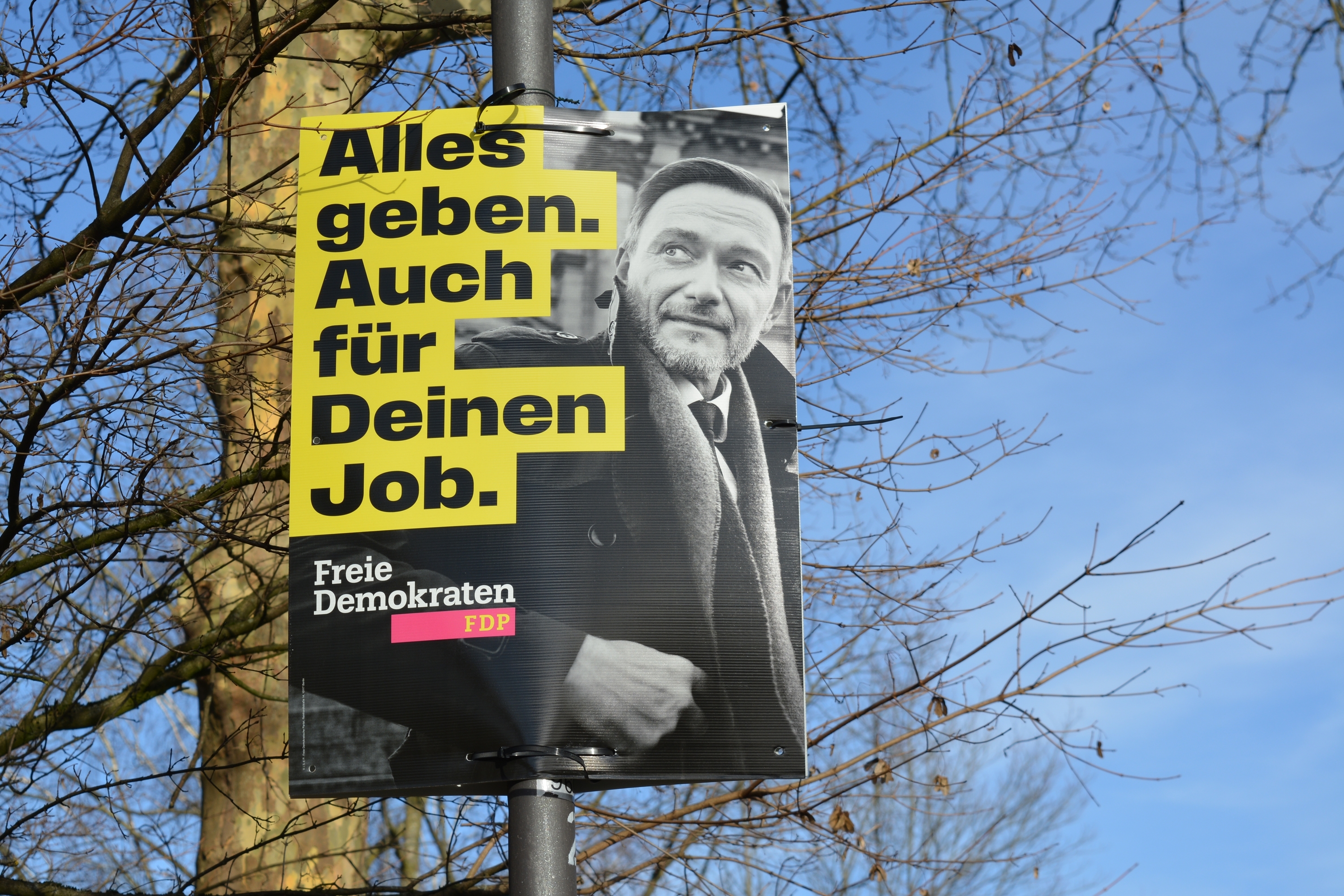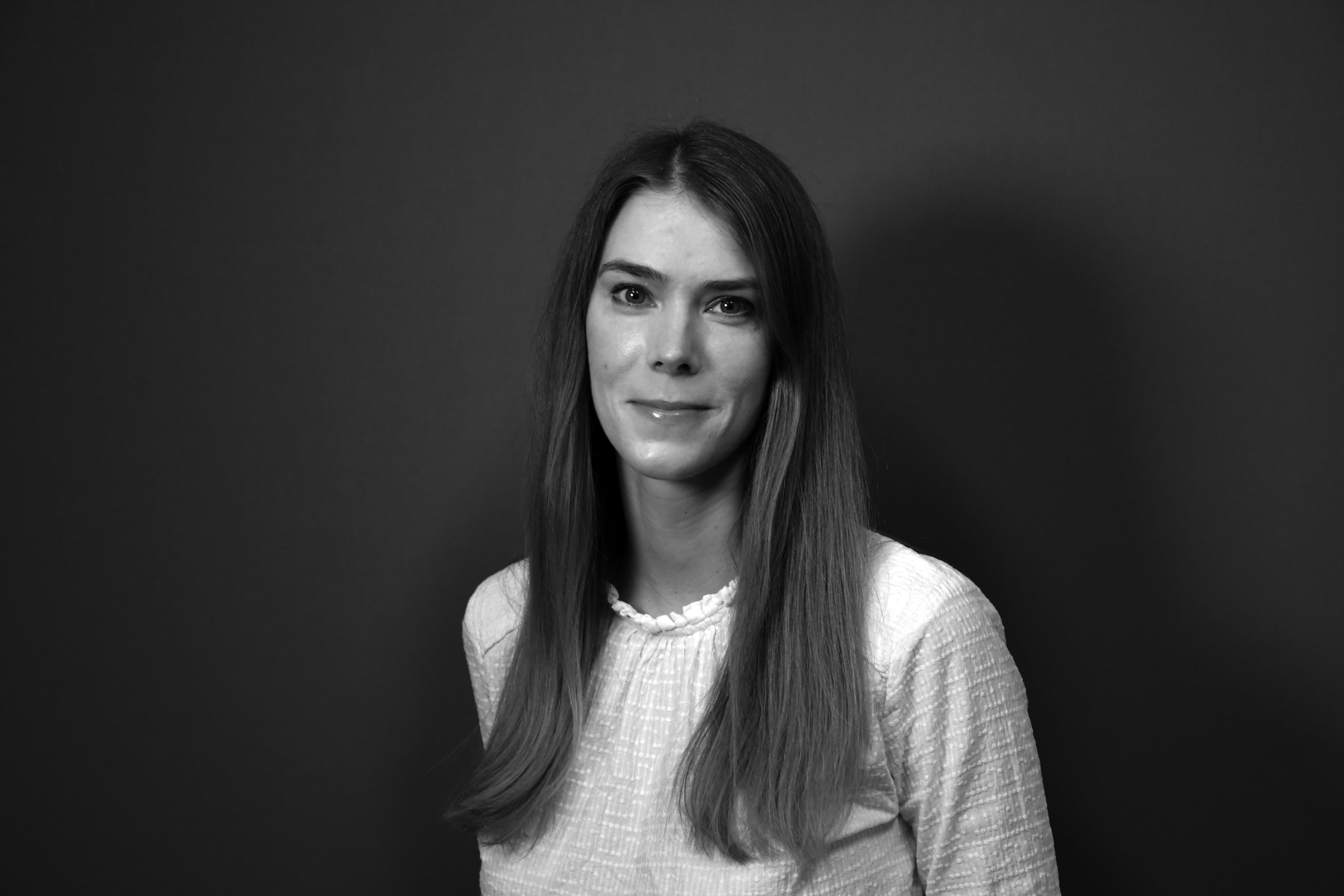The Liberal Democrats in the German Federal Elections: A Party Fighting for Survival
The Free Democratic Party FDP, in great difficulty ahead of the early elections in 2025, is trying to recover after the collapse of the coalition with the Social Democratic Party of Germany (SPD) and the Greens. Its wavering position between government and opposition has undermined its credibility, and it is struggling to surpass the 5% threshold.

Its program focuses on economic recovery, with tax cuts and a reduction in the role of the state. It has also toughened its stance on immigration to appeal to the Christian Democratic Union (CDU), but its tacit cooperation with the far-right party Alternative for Germany (AfD) has sparked fierce controversy. Despite its ambition to establish itself as a key player, the FDP risks disappearing from the Bundestag, a victim of its lack of consistency and voter distrust.
Jeanette Süß is a researcher at the Study Committee on Franco-German (Cerfa) at the French Institute of International Relations (Ifri), working in particular on the European Union and the Franco-German relations.
This publication is available in French (pdf): "Les libéraux-démocrates face aux élections fédérales allemandes : un parti en lutte pour sa survie"

Available in:
Themes and regions
DOI
Notes du Cerfa, No. 183, Ifri, February 2025
Share
Related centers and programs
Discover our other research centers and programsFind out more
Discover all our analysesMerz’ European Policy-making: The End of the ‘German Vote’?
Friedrich Merz’s European ambition is to turn Germany, long seen as hesitant into a leading actor within the European Union (EU). To that end, he has pledged to end the “German vote,” a phenomenon that epitomizes the paradox of a country both indispensable and frequently absent from European decision-making.

Securing critical raw material (CRM) value chains – a prerequisite for Europe’s technological resilience
At the heart of economic security, technological resilience is a backbone of the European Union’s (EU) competitiveness. The EU’s energy and digital transitions depend on critical raw materials (CRM).

Reconciling competitiveness and demographic change: a Franco-German imperative
France and Germany are facing parallel demographic shifts that could reshape the future of their economies and their social models. These shifts reflect broader European patterns but are magnified by the central role both nations play in EU governance and competitiveness.
Taking the Pulse: Does France's Political Crisis Weaken Europe's Geopolitical Hand?
While the EU tries to navigate a myriad international challenges, France is experiencing historic political disarray. What impact will instability in Paris have on Europe's geostrategic capacity?









